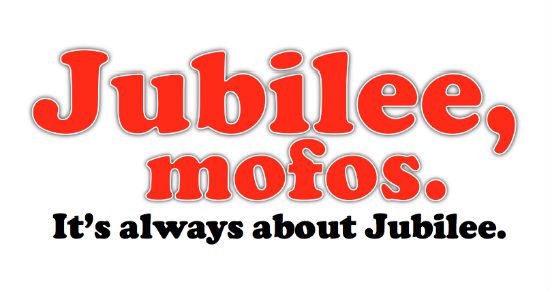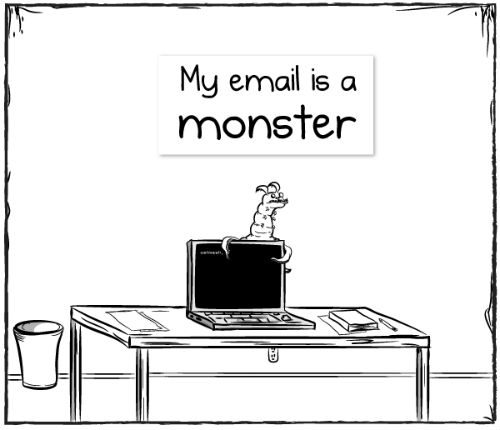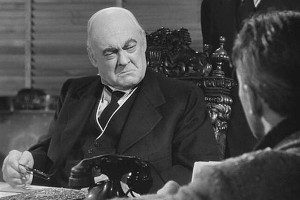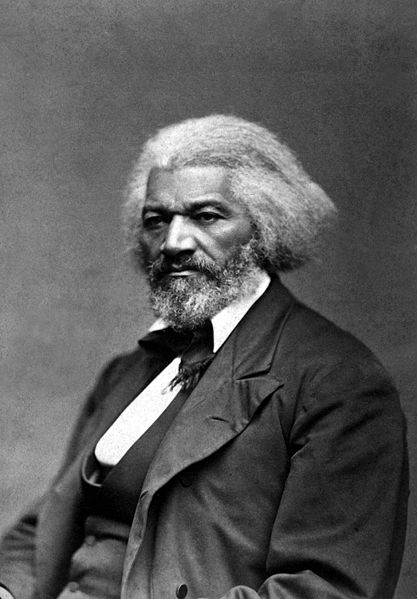Stop me if you’ve read this one before.
From March 3, 2017, “Ignorant jerks abusing ‘the poor will always be with you’ will always be with you“:
Does this make Roger Marshall a bad person? That’s not for me to say. Jesus and Moses, however, had no reservations in saying, emphatically, yes, this makes Roger Marshall a bad person.
What I can say for certain is that this tells us that Marshall has never read — or, at best, never understood — Mark 14 or Deuteronomy 15. But yet, strangely, he still feels confident enough to attempt to quote them.
We’ve been over this before many times. See, for example, “Dives will always be with us — and so will selfish rich jackwagons who misquote the Bible” and “Ignorant Christians need to STFU about ‘the poor you will always have with you’ until they can be bothered to understand what Jesus actually said.” But it seems we need to go over it again.
So, then, did Jesus say, “the poor will always be with you”? Well, according to Mark 14, that’s half a sentence spoken by Jesus. What Jesus said was “For you always have the poor with you, and you can show kindness to them whenever you wish.”
Right away, then, it’s clear that Marshall is bungling things because he’s drawing the opposite conclusion from what Jesus says. Instead of “the poor will always be with you, and you can show kindness to them whenever you wish” Marshall is arguing “the poor will always be with you, so you don’t ever need to bother showing kindness to them.”
But the problem is even bigger than that. Because Jesus never actually said, “The poor will always be with you.” That’s our English translation of a Greek text translating an Aramaic speaker reciting a Hebrew scripture. What Jesus actually said there in Mark 14 (and in Matthew 26), was “there will never cease to be some in need on the earth” — that’s how our English translations render this phrase when cutting out the Greek and Aramaic middle-men and translating the Hebrew original directly.
Or, if you like, Jesus didn’t say “the poor will always be with you.” Jesus said, “‘the poor will always be with you.’” See those nested quotation marks? That’s us quoting Jesus who was, in turn, quoting something else. Specifically, he was quoting Deuteronomy 15.
Jesus was quoting the Torah to his disciples, and he knew that they would know that was exactly what he was doing. He knew his disciples — first-century, second-Temple-era Jews — were so saturated in the books of Moses that they would recognize the passage he was quoting. And he therefore knew that they would recognize the harsh rebuke it entailed.
The authors of Mark’s and Matthew’s Gospels, likewise, shared this assumption of basic biblical literacy for their readers. They didn’t see any need to insult their readers by inserting an explanation of this basic and obvious point — “that bit’s a quote from Deuteronomy.” Besides, this was Jesus yet again reciting (and appropriating) one of the Jubilee passages from the Torah, something Jesus did all the time. Here, at the end of their respective Gospels, Mark and Matthew can be forgiven for assuming that their readers should by now have recognized that pattern.
Alas, the Gospel writers didn’t realize that their words would also be read, thousands of years later, in translation, by stiff-necked greedheads on another continent whose culture, religious practice, and prideful obstinance would conspire to prevent them from ever noticing this massive, central theme in Jesus’ teachings.
And but so, if you want to know what Jesus meant when he quoted this bit from Deuteronomy, you need to look at this bit from Deuteronomy.















